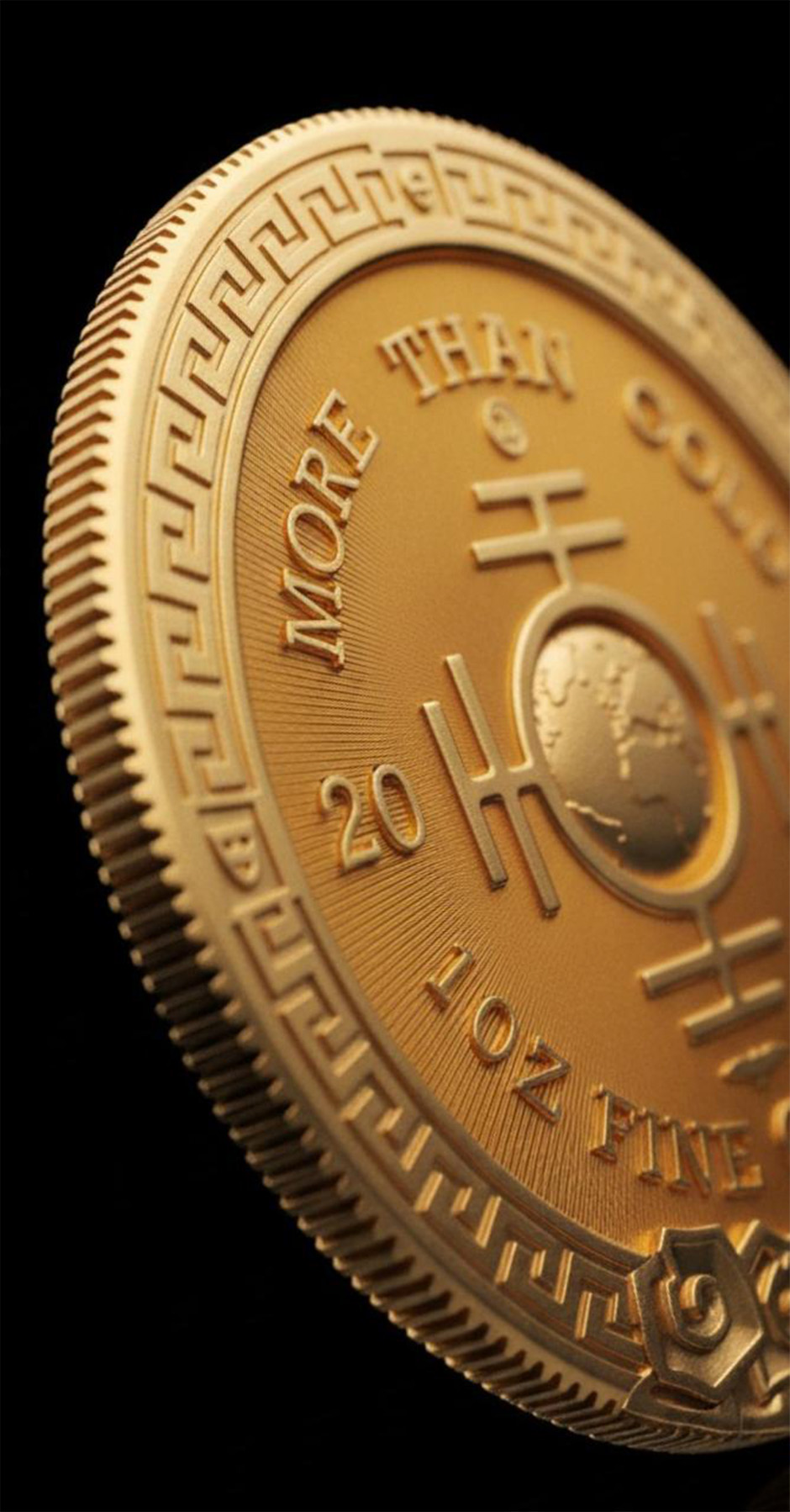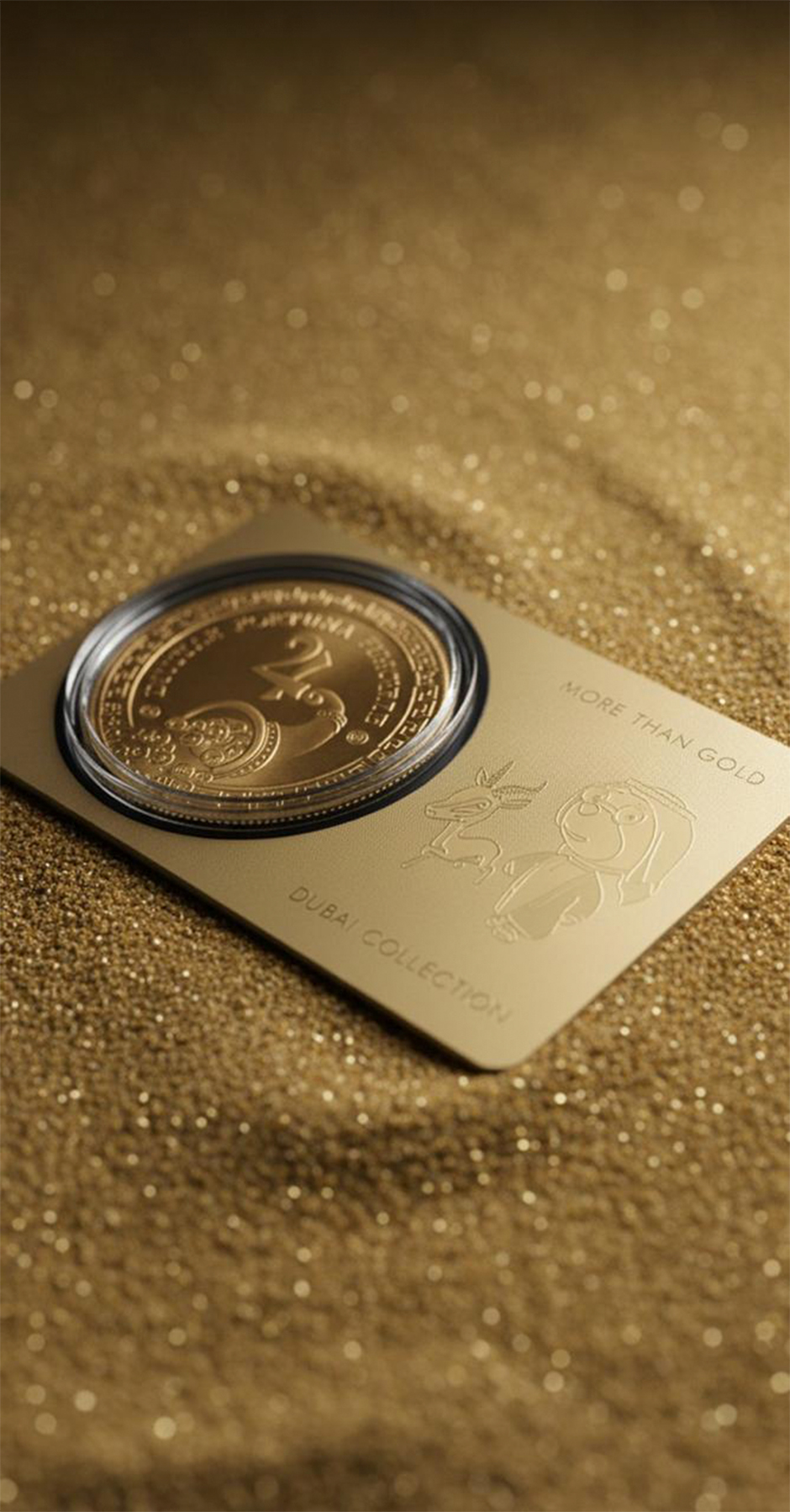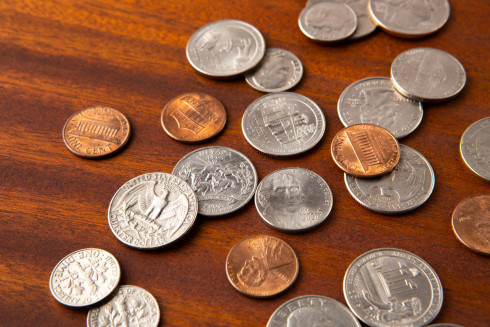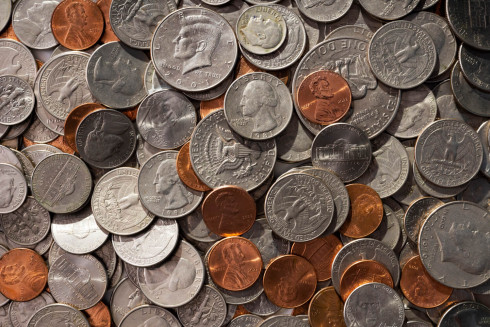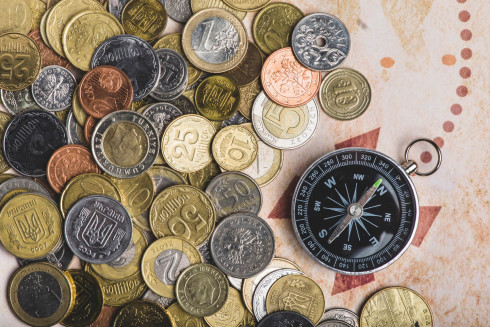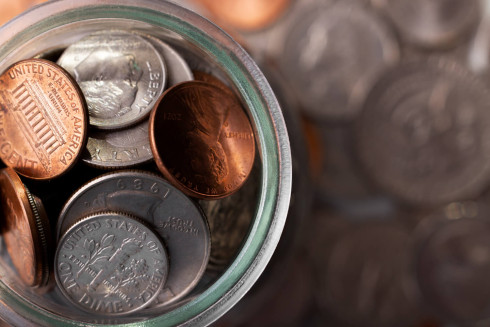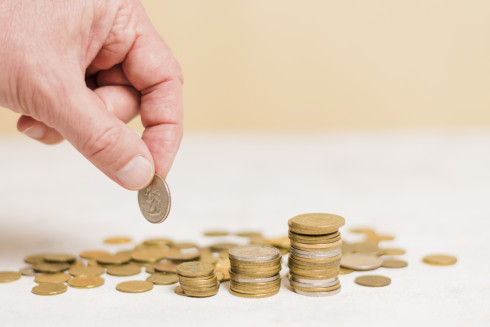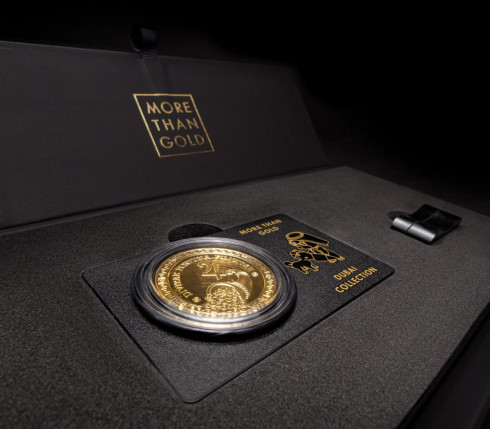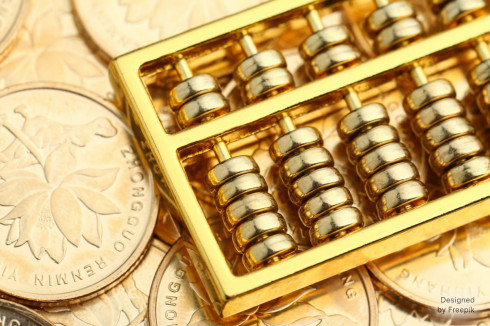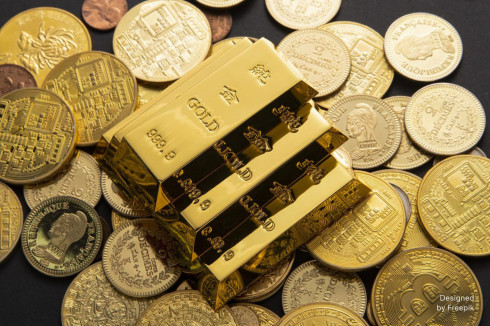Introduction: The Appeal of Gold Coins as a Long-Term Investment
Gold coins have held an esteemed place in the world of finance and collection for centuries. Their unique combination of intrinsic value, historical significance, and portability make them a popular choice among investors and collectors alike. Unlike paper assets, gold coins represent real, tangible wealth that transcends borders and economic fluctuations. This article explores why gold coins are an excellent long-term investment, how to choose the best options, and what makes them different from other forms of gold.
1. Key Benefits of Investing in Gold Coins
Gold coins offer several advantages over other forms of gold, such as bars or ETFs. Here’s why they are considered ideal for long-term investment:
1.1 Tangibility and Security
Gold coins, unlike stocks or digital assets, are physical items that you can hold and store. This tangibility provides a sense of security for many investors. Gold coins are easy to manage, and they offer an alternative to digital or paper investments, which may be vulnerable to hacking or market instability.
1.2 Global Recognition and Portability
Gold coins are recognized globally, making them easy to liquidate. Their size and portability make them convenient to carry and store, allowing investors to own significant value in a small, secure package.
1.3 Historical and Cultural Value
Many gold coins have significant historical or cultural value, particularly older coins or limited-edition releases. This added value can enhance the coin’s worth over time, especially among collectors who seek unique pieces with heritage.
1.4 Investment Stability and Hedge Against Inflation
Gold coins serve as an effective hedge against inflation, retaining their value even when currency values decline. This makes them a valuable asset for preserving wealth over the long term.
2. Types of Gold Coins for Investment
There are various types of gold coins available, each with its characteristics and appeal. Here’s a look at the most common options:
2.1 Bullion Coins
Bullion coins are specifically produced for investment purposes and typically contain high-purity gold (often .999 or higher). They are valued based on their gold content and current market rates.
Popular bullion coins include:
- American Gold Eagle: Backed by the U.S. government, this is one of the most widely recognized coins.
- Canadian Gold Maple Leaf: Known for its high purity (99.99%).
- South African Krugerrand: A popular choice worldwide, offering value and recognizability.
2.2 Numismatic Coins
Numismatic coins are older or rare coins that carry both historical and collectible value. Their worth is not solely tied to gold content but also to rarity, demand, and condition. Examples include pre-1933 U.S. gold coins and certain ancient coins.
2.3 Limited Edition and Commemorative Coins
These coins are produced in limited quantities, often commemorating specific events or anniversaries. While not typically used as investment bullion, limited editions can appreciate in value over time due to their rarity.
2.4 Fractional Gold Coins
Fractional coins are smaller versions of standard gold coins, available in sizes like 1/10 oz or 1/4 oz. These provide an affordable entry point for new investors while offering flexibility.
3. Factors to Consider When Buying Gold Coins
Before investing in gold coins, several essential factors must be considered to ensure you make the right choice:
3.1 Authenticity and Certification
Always buy gold coins from reputable dealers who provide certification of authenticity. A certificate of authenticity verifies the purity and weight of the coin and is essential for resale value.
3.2 Coin Condition and Grade
The condition of a coin can significantly impact its value, especially for numismatic or collectible coins. Coins are often graded based on their condition, with “mint state” coins (those that have not been circulated) typically holding the highest value.
3.3 Market Premiums and Spot Price
Gold coins usually sell at a premium above the spot price of gold. This premium includes production, distribution, and dealer fees. The premium can vary depending on the coin type, size, and market demand.
3.4 Storage Solutions
Like other forms of gold, coins require secure storage. Some investors choose home safes, while others prefer professional storage facilities for added security. Consider options like:
- Home Safes: Provide immediate access but require additional insurance.
- Bank Vaults: Ensure maximum security, with costs associated with safety deposit boxes.
- Precious Metals Depositories: Professional-grade storage facilities offering insurance and security for a fee.
4. Gold Coins vs. Gold Bars: Which is Better for Long-Term Investment?
Both gold coins and gold bars have unique benefits, and the choice often depends on the investor’s goals. Here’s a comparison to help you decide:
4.1 Liquidity and Recognizability
Gold coins are generally more recognizable and accepted globally, making them easier to sell. They also tend to be more liquid in smaller denominations, which can be advantageous for partial liquidations.
4.2 Premiums and Cost Per Ounce
Gold bars typically offer a lower cost per ounce, making them ideal for large-scale investments. However, coins can carry higher premiums due to production and design costs, especially collectible or limited-edition coins.
4.3 Storage and Portability
Gold coins are easier to store and transport due to their compact size. Investors who want flexible, portable assets often prefer coins, while those seeking bulk value may opt for bars.
4.4 Aesthetic and Historical Value
Gold coins often have additional aesthetic or historical value, especially numismatic coins. This adds an extra layer of appeal for collectors and history enthusiasts.
5. How to Buy Gold Coins Safely
5.1 Researching Reputable Dealers
Look for dealers with positive reviews, a long-standing reputation, and membership in industry associations like the Professional Numismatists Guild (PNG) or the American Numismatic Association (ANA).
5.2 Checking Certifications and Hallmarks
Verify that each coin comes with a certificate of authenticity, indicating its purity and weight. Hallmarks from respected mints (e.g., U.S. Mint, Royal Canadian Mint) ensure quality and standardization.
5.3 Comparing Prices and Premiums
Prices for gold coins vary based on the coin’s type, market demand, and gold spot price. Compare premiums from different dealers to find the best price.
5.4 Evaluating Storage and Insurance Options
Storing gold coins securely is crucial. Insurance may be required for home storage, while bank vaults and depositories offer additional protection. Each storage option has associated costs, so evaluate based on your needs.
6. The Tax Implications of Investing in Gold Coins
In many countries, buying and selling gold coins can have tax implications. Here’s a breakdown of some common tax considerations:
6.1 Capital Gains Tax
When you sell gold coins at a profit, the gain may be subject to capital gains tax. The tax rate depends on how long you held the coins before selling and the tax laws in your country.
6.2 VAT and Sales Tax
Some jurisdictions apply VAT or sales tax to gold coins. However, certain investment-grade gold coins are exempt from these taxes in some regions. Check local laws to understand potential tax liabilities.
6.3 Inheritance and Estate Tax
Gold coins may be included in the value of an estate, potentially impacting estate tax. Planning and understanding inheritance tax laws can help mitigate these costs.
7. Frequently Asked Questions (FAQ) about Gold Coin Investment
1. Why are gold coins a good choice for long-term investment?
Gold coins combine intrinsic value with collectibility, offering stability and growth potential over time. They are also portable, globally recognized, and often carry additional historical or cultural value.
2. Which is better for investment: bullion or numismatic coins?
Bullion coins are ideal for straightforward investment as their value closely tracks the gold market price. Numismatic coins, however, can appreciate based on rarity and demand, making them suitable for collectors.
3. What factors should I consider before buying gold coins?
Key factors include the coin’s purity, type (bullion vs. numismatic), market premiums, certification, and storage requirements.
4. How should I store my gold coins?
Gold coins should be stored securely in a home safe, bank vault, or professional depository. Ensure your storage choice provides both security and insurance coverage.
5. Are gold coins easy to sell?
Yes, gold coins are highly liquid and can be sold to dealers, collectors, or bullion exchanges worldwide. Coins with certification and good condition generally fetch better prices.
6. Is there a minimum investment amount for gold coins?
No, gold coins come in various weights and prices, allowing investors to start with small amounts or make larger purchases based on their budget.
7. Can I buy gold coins online?
Yes, many

